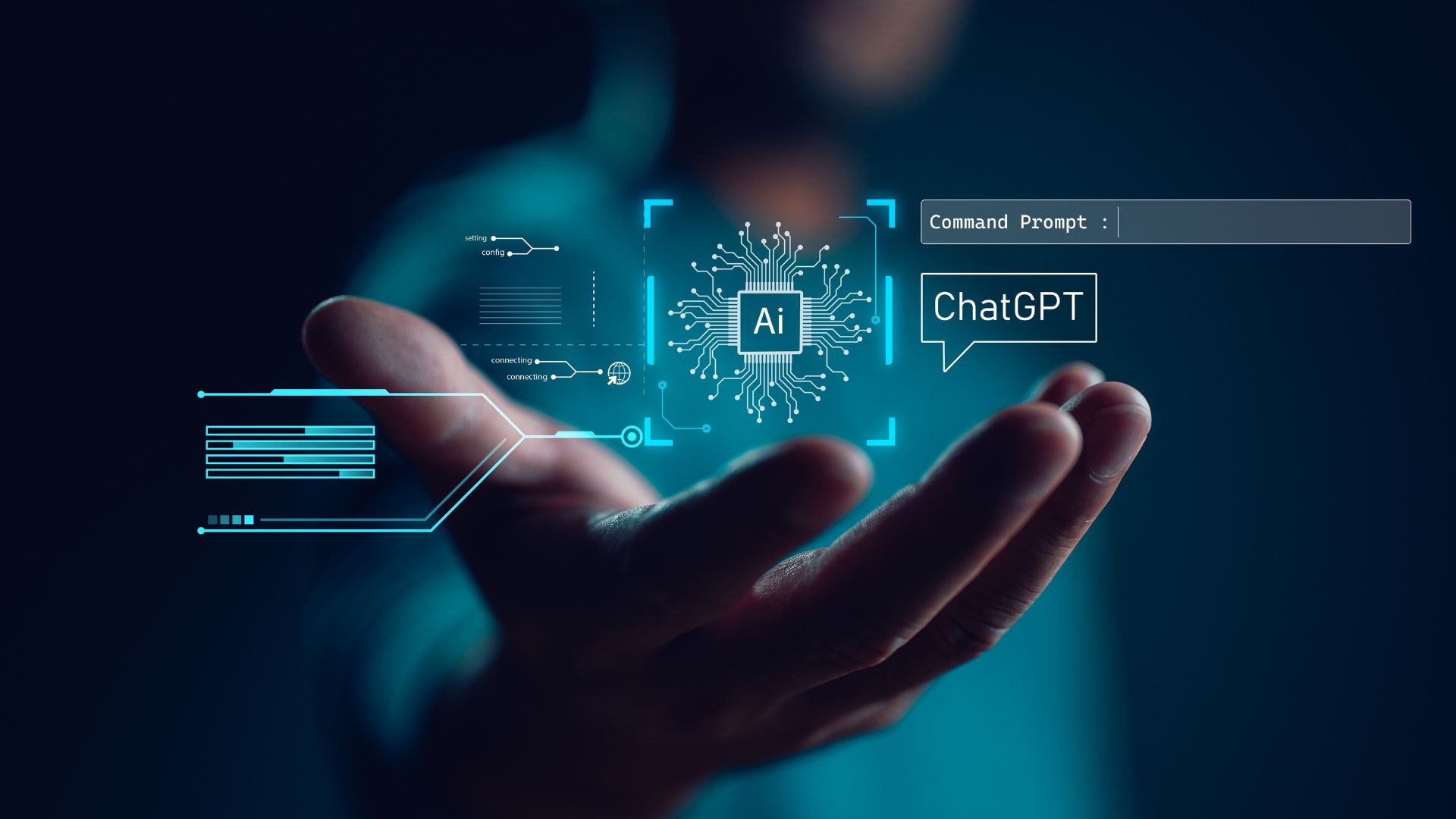AI impact is only minor in many workplaces, employees believe
Only one in three see productivity boosts

- Efficiency and productivity enhancements aren’t as common as we’d hoped
- Many workers still feel under prepared when it comes to AI tech
- Manufacturing, transport and communications offer strong resources
Despite widespread hope that artificial intelligence could revolutionize workplaces with productivity and efficiency improvements, new research by WSP has revealed the impact might not be as stark as we’d hoped.
Although 70% of UK workers said AI influences their jobs, only 38% noted improvements to their efficiency, and 33% to their productivity.
Furthermore, fewer than half (47%) feel equipped to adapt to AI-driven workplace changes, highlighting the need for greater training efforts.
Workers aren’t seeing huge benefits from AI
Despite the current state of AI, 84% of workers believe the positive effects of AI will continue, with many expecting to see efficiency (41%) and productivity (37%) boosts.
Nearly three in four (72%) workers saying their companies provide resources to help them adapt. This support is most evident in sectors where AI already has a strong foothold or where it can offer the biggest changes, such as manufacturing (80%) and transport and communications (78%).
“While employees recognise the benefits of AI, a significant gap exists between their expectations and current practices. It is essential for organisations to adopt AI technologies effectively and empower their workforce with the skills and vision needed to lead us into a future brimming with possibilities," noted WSP Data Science Director Dan Scott.
Besides AI, the research also touches on sustainability, revealing that more than half (52%) of the 4,000 UK workers surveyed are willing to re-train to adapt their skills for greener roles. Many workers also said they’d be prepared to stay in their role longer (45%) or seek a different job (38%) on the basis of sustainability credentials.
Are you a pro? Subscribe to our newsletter
Sign up to the TechRadar Pro newsletter to get all the top news, opinion, features and guidance your business needs to succeed!
With the correct deployment, AI has the potential to reduce a company’s carbon footprint, however it can also be an environmental challenge when the power-hungry data centers that power AI tools come into the picture.
Looking ahead, it’s clear companies must align their employee support and training with organizational policies and emerging technologies to strike the right balance.
You might also like
- Companies want to get serious on AI, but their workers don't have the skills
- Upskill with the help of the best online learning platforms
- We’ve listed the best job sites
With several years’ experience freelancing in tech and automotive circles, Craig’s specific interests lie in technology that is designed to better our lives, including AI and ML, productivity aids, and smart fitness. He is also passionate about cars and the decarbonisation of personal transportation. As an avid bargain-hunter, you can be sure that any deal Craig finds is top value!
